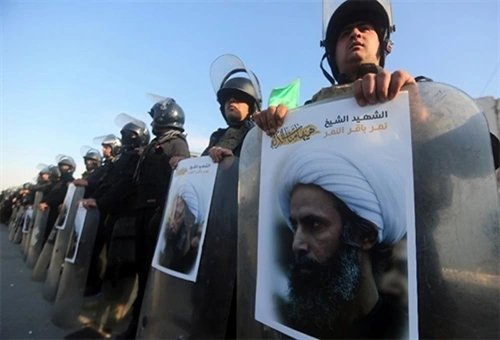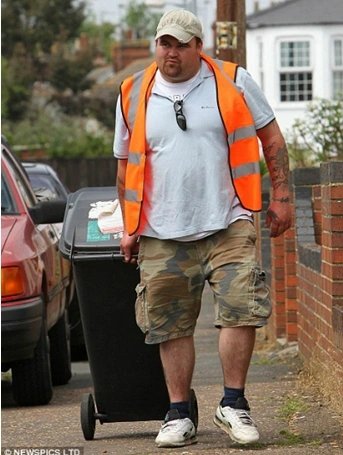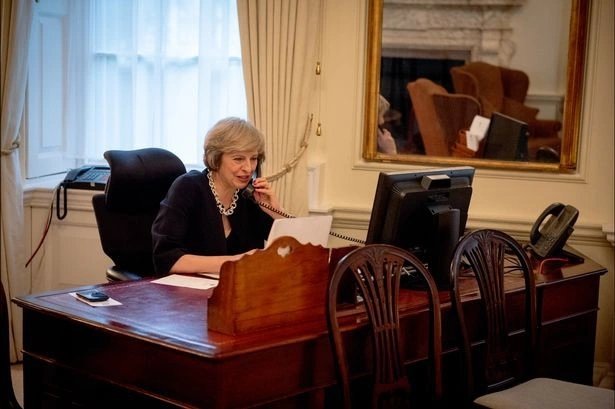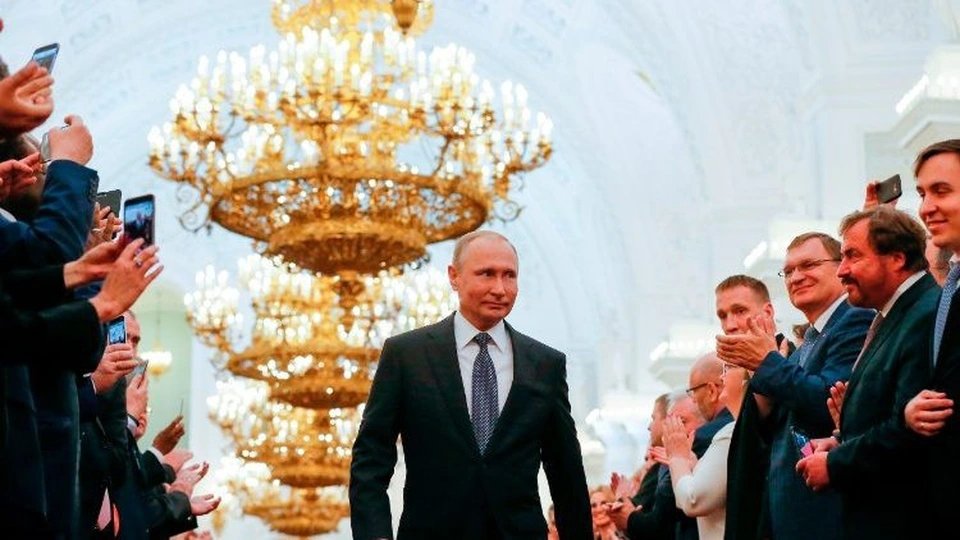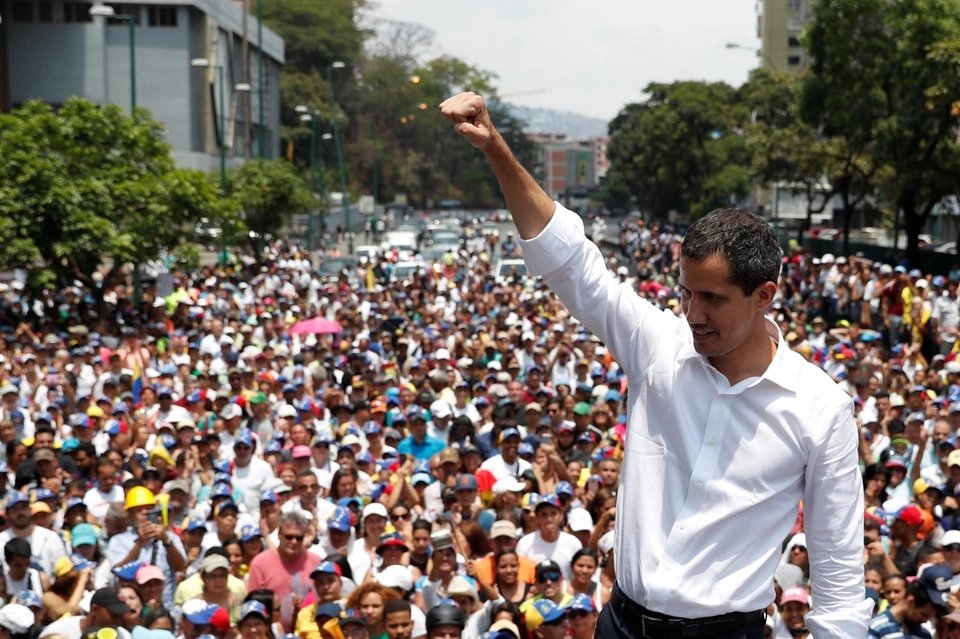
In early February, in Banda Aceh, health officials raced against time to bring Covid-19 vaccines to Sabang, the mountainous city of Weh Island, in just one afternoon.
Vaccine doses made by Sinovac take three hours to transport from Jakarta to Banda Aceh, but take up to four hours to travel by ferry and armored vehicle to the distribution center in Sabang.
The Covid-19 vaccine brings hope to help the world escape the pandemic that has claimed the lives of millions of people.
But the early stages of the Sinovac vaccine’s journey in Aceh were derailed by misinformation, geographical and practical obstacles.
Mobile police forces support the transportation of Sinovac vaccine batches in Banda Aceh, Indonesia.
In January, Indonesia began implementing a plan to vaccinate 180 million of its 270 million people.
But at the current pace of implementation, it will take Indonesia 10 years to achieve the goal.
At the end of February, officials hope to speed up the process by asking businesses to import vaccines from the state to vaccinate employees.
`It is very beneficial for private companies to cooperate with the government if we want to speed up the vaccination process. But we should focus on vulnerable groups first,` said Pandu Riono, an epidemiologist at the University of Indonesia,
The country also has difficulty convincing people to get vaccinated.
Public skepticism became even more evident when the CoronaVac doses arrived in Sabang, escorted by a convoy of police vehicles and armed soldiers.
`It’s as if we would steal the vaccine,` said Abdullah, 59, the owner of a grocery kiosk here.
Fitriani, a 26-year-old restaurant owner, did not know about the vaccination program.

Two passengers filled out testing information forms at Sultan Iskandar Muda International Airport in Banda Aceh.
A survey by WHO, UNICEF, the Indonesian Ministry of Health and the Indonesian Technical Advisory Group on Immunization of over 100,000 people in 34 provinces found that Aceh had the lowest vaccine confidence rate, at 46%.
To allay skepticism, the Indonesian Ulema Muslim Council certified that the vaccine was not made from pork (certified halal).
Instead of social distancing, vaccination or blockade, many people think that prayer will repel Covid-19.
`We have gone through many epidemics since the time of the prophet Muhammad. There is no cure except praying and thanking Allah,` said Zakaria, 53, an amusement park employee in Banda Aceh.
Meanwhile, the central government has moved to punish people who refuse vaccination by cutting social benefits or limiting access to public services.
`I don’t trust the CoronaVac vaccine, but do I have any other choice?` she said.
She was vaccinated after the Governor of Aceh Nova issued an ultimatum, saying that doctors and nurses who refused to be vaccinated could have their contracts canceled.
While authorities insist vaccine side effects, such as fatigue and fever, will subside over time, people remain concerned about long-term consequences, largely due to misleading news and messaging.
For many people in Aceh, vaccination is not urgent.

People chat outside Baiturrahman Mosque in Banda Aceh.
Putra Siregar, a 27-year-old artist, said: `I only trust things of organic origin. Even if I am punished by the government, I still will not get vaccinated.`
Aribowo Sasmito, co-founder of the Indonesian Anti-Slander Association, a non-profit organization that prevents baseless rumors, said fake news is the main cause of people’s hesitation.
The Anti-Vaccination and Vaccination Movement, an anti-vaccination group on Facebook, has nearly 2,800 members, and has been active since 2013. In the description, board members quote the Quran to explain the `God` argument.

